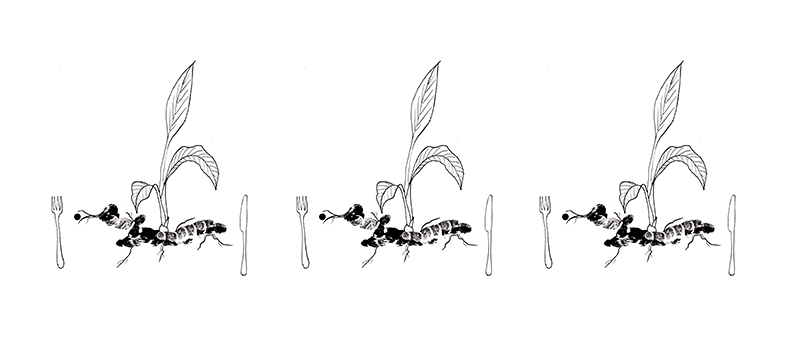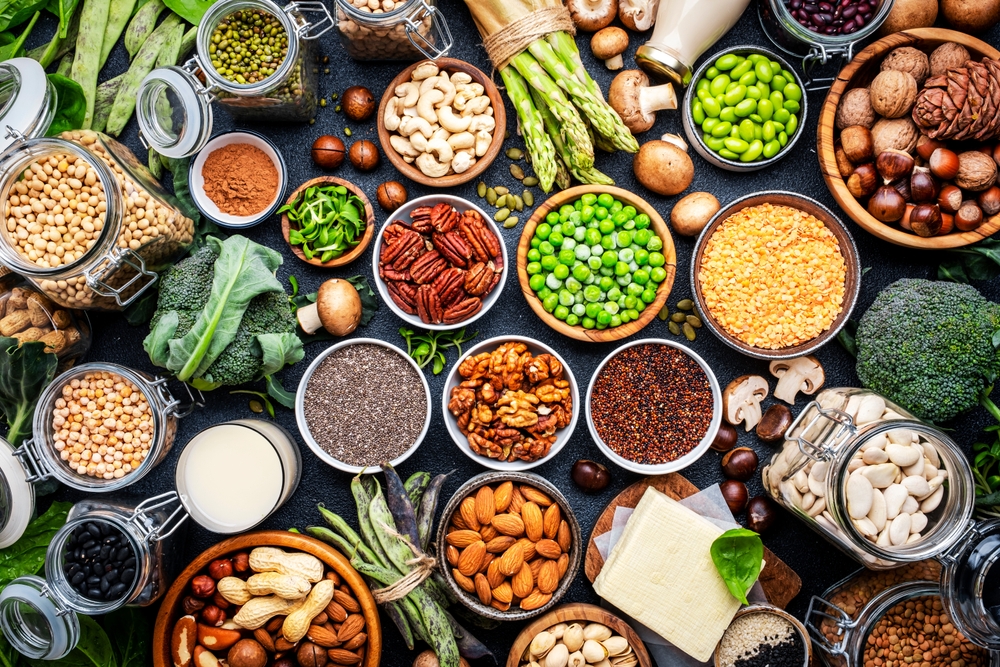Turmeric has a long history of use in traditional Chinese medicine. And in the Netherlands too, its status has risen beyond that of an ingredient in curry powder. Where its main use has always been in curries or to make rice yellow, nowadays influencers like Rens Kroes chuck some in their porridge, you can get a turmeric latte in coffee bars and it’s in countless nutritional supplements at the pharmacy. There are claims that the ‘miracle root’ helps against complaints ranging from baldness and erectile disfunction to cancer, diabetes and Alzheimer’s disease.
Nearly all the spices in your spice rack are good for something
Renger Witkamp, professor of Nutrition
‘If you believe what some people say, it comes close to being a universal remedy’ says professor of Nutrition Renger Witkamp, who has been following turmeric research for years. The positive effects are said to come from the substance curcumin. ‘Inflammation appears to play a role in many conditions such as diabetes, overweight and cancer,’ says Witkamp. ‘It might be inhibited by curcumin.’ With an emphasis on ‘might’. Because thousands of publications later, there is still no conclusive evidence for the effectiveness of curcumin. Most of the studies have been done in test tubes in the lab. The problem is that curcumin is a tricky substance that confounds tests. ‘Curcumin seems to sort of stimulate some cells. They then show an effect that can’t simply be translated into an effect on health, although this is often done in publications. Also, curcumin can disintegrate into substances with very different characteristics.’ And even if it does work in a test tube, that doesn’t mean it will work in the body. The gut does not absorb it well, for instance. ‘But there are some clinical studies that show positive results, in the treatment of Crohn’s disease for example. And at both the Erasmus and the Amsterdam Medical Centres, there has been serious research into the use of curcumin for cancer.’
So the jury is still out on the effectiveness of curcumin. ‘Some researchers think it’s a waste of research funding, but personally I am curious,’ says Witkamp. He does think the spice must be good for something. ‘But that goes for nearly everything in your spice rack, actually.’
Every day we are bombarded with sometimes contradictory information. So what are the facts of the matter? In this feature a scientist answers your burning questions. Every question makes you a little wiser. Do you dare to ask yours? Email us at redactie@resource.nl

 Illustration Marly Hendricks
Illustration Marly Hendricks 

